
2021 Emerging Topic Conference: Chronic Hepatitis B: From Population to New Molecules and Back
This conference will provide a comprehensive and in-depth discussion of the most updated treatment strategies as well as data/care gap to prevent and manage the HBV population. A review of the preclinical and clinical frontiers of HBV cure molecules after a state-of-the-art review of novel molecular and immunologic HBV cure markers will be covered along with an assessment of HBV cure’s impact on HBV epidemiology and population health.
COMPONENTS
Online presentations comprised of PowerPoint slides and accompanying audio, evaluations, and continuing education credit claiming:
- 19 online, narrated presentations 20 minutes in length
- Evaluation for CME credit/ABIM MOC point offerings
DIRECTIONS
Review all section tabs before you begin. Start watching the presentation videos. Complete necessary components to claim either CME and ABIM and or ABP MOC.
PRICING
Member — $175
Trainee & Assoc. Members — $100
Student Member — $50
Non-Member — $225
Any physician, scientist, or researcher with doctoral-level training who is not employed by Industry (pharma/device/etc.)
Trainee & Assoc. Non-Member — $150
Any physician, scientist or researcher in a training program as certified by the director of their training program. This category also includes, but is not limited to, the degrees of MS, NP, PA, RN, and other related or comparable degrees.
Student Non-Member — $75
Industry — $450
Any Industry (pharma/device/etc.) employee with or without medical training.
Patient / Patient Advocate — Free
CANCELLATION POLICY (Ended March 11,2021)
- Requests for cancellations must be submitted in writing to meetings@aasld.org.
- Cancellations received through March 11, 2021 at 11:59 pm ET are subject to a 20% cancellation fee.
- Cancellations received on March 12, 2021 and after are non-refundable.
CONTINUING EDUCATION
Continuing Medical Education (CME): 7.00 AMA PRA Category 1 Credits™
ABIM Maintenance of Certification (MOC): 7.00 ABIM MOC Points
HOW TO EARN AND CLAIM MOC POINTS
To claim both CME Credits and ABIM MOC points for this activity you must:
o Watch each video presentation
o Complete the Final Evaluation
o Claim CME credits (ABIM Rule: MOC points must be equivalent to the amount of CME credits claimed for the activity.)
MOC completions are collected on the 15th of each month and submitted to the ABIM by the last day of the month. Points are not submitted automatically and will not display immediately on your ABIM MOC Profile.
MOC points are available for ABIM board certified physicians only.
Live Program Release Date: March 12, 2021
Live Program Expiration Date: March 14, 2021
Enduring Activity Release Date: May 17, 2021
Enduring Activity Expiration Date: May 14, 2024
Purchase Activity by: December 31, 2021
COPYRIGHT
All faculty in this activity have given their permission for publication ©2021 AASLD.
Upon completion of this activity, learners will be able to:
• Identify populations to screen for HBV, to vaccinate, and to treat with focus on groups with controversial treatment indications.
• Interpret results of new molecular and immunologic HBV cure biomarkers and learn about most updated HBV cure therapeutic development.
• Detect areas of data gaps for future epidemiological, clinical, and translational research
This activity was planned in the context of the following ACGME/IOM/IPEC competencies: Patient Care and Procedural Skills, Medical Knowledge, Practice-based Learning and Improvement, Interpersonal and Communication Skills, Professionalism, Systems-based Practice, Provide Patient-centered Care, Work in Interdisciplinary Teams, Employ Evidence-based Practice, Apply Quality Improvement, Utilize Informatics, Values/Ethics for Interprofessional Practice, Roles/Responsibilities, Interprofessional Communication, Teams and Teamwork
• Hepatologists
• Gastroenterologists
• Nurses
• Nurse Practitioners
• Pharmacists
• Physician Assistants
• Transplant Coordinators
• Surgeons
• Fellows/Trainees
• Infectious Disease Specialist
• Public Health Workers/Stake Holders
• Epidemiologists
• Virologists
• Immunologists
• Industry Stakeholders
ACCREDITATION AND DESIGNATION STATEMENTS
Continuing Medical Education (CME)
The American Association for the Study of Liver Diseases (AASLD) is accredited by the Accreditation Council for Continuing Medical Education (ACCME) to provide continuing medical education for physicians. AASLD designates this live activity for a maximum of 7.00 AMA PRA Category 1 Credits™. Physicians should claim only the credit commensurate with the extent of their participation in the activity.
American Board of Internal Medicine (ABIM)
Successful completion of this CME activity, which includes participation in the evaluation component, enables the participant to earn up to 7.00 MOC points in the American Board of Internal Medicine’s (ABIM) Maintenance of Certification (MOC) program. Participants will earn MOC points equivalent to the amount of CME credits claimed for the activity. It is the CME activity provider’s responsibility to submit participant completion information to ACCME for the purpose of granting ABIM MOC points.
CLAIMING CME CREDITS AND ABIM MOC POINTS
CME Credits
Physicians and other health care professionals seeking 7.00 AMA PRA Category 1 Credits™ for this live continuing medical education activity must complete an evaluation by Thursday, April 15. The CME evaluation will be available to you upon completion of the live streaming conference.
MOC Points
Physicians seeking ABIM and/or ABP MOC points must complete the CME and MOC evaluation by Thursday, April 15. Requests for MOC after this date will not be honored. The MOC evaluation is included in the CME evaluation.
MOC Points will be reported to the ABIM by the end of October 2021 for attendees who successfully complete the MOC evaluation.
DISCLOSURE OF CONFLICTS OF INTEREST
AASLD requires all individuals who are in a position to control the content of an educational activity to disclose all relevant financial relationships with any commercial entity producing, marketing, re-selling, or distributing health care goods or services consumed by, or used on, patients. Disclosures are collected prior to the start of the educational activity. Any potential conflicts of interest that exist are resolved prior to implementation of the activity. All disclosures are made available and communicated to the leaner prior the activity beginning.
The organizers and faculty have reported the following disclosures:
Faculty
Thomas Berg, MD, FAASLD
Speakers Bureau: Abbvie, Bristol Myers Squibb, Gilead, Janssen, Merck, Novartis, Roche
Scientific Consulting: Abbvie, Bristol Myers Squibb, Gilead, Merck/MSD, Janssen, Roche, Spring Bank
Grants/Research Support: Abbvie, Bristol Myers Squibb,Boehringer Ingelheim, Gilead, Janssen, Merck/MSD, Novartis, Roche
Robert S. Brown, MD, MPH, FAASLD
Scientific Consulting: Gilead, AbbVie, Intercept, Shionogi
Grants/Research Support: Gilead, AbbVie, Enanta, Intercept, Shionogi
Kyong-Mi Chang, MD, FAASLD
Advisory Board: Arbutus biopharma, Alnylam
Scientific Consulting: Genentech
Raymond T. Chung, MD, FAASLD
Grants/Research Support: Abbvie, Merck, Boehringer Ingelheim, Gilead, Janssen, BMS, Roche, Synlogic, Kaleido, DSMB Alnylam (Uncompensated)
Douglas T. Dieterich, MD, FAASLD
Scientific Consulting: Gilead
Grants/Research Support: Assembly
Jordan J. Feld, MD, MPH, FAASLD
Grants/Research Support: Abbvie, Alexion, Eiger, Enanta, Gilead, Janssen, Wako/Fujifilm
Scientific Consulting: Abbvie, Arbutus, Deep Genomics, Eisai, Gilead, GSK, Roche
Robert J. Fontana, MD, FAASLD
Scientific Consulting: Sanofi
Grants/Research Support: BMS, Gilead, Abbvie
Marc G. Ghany, MD, MHSc, FAASLD
Nothing to disclose.
Robert G. Gish, MD, FAASLD
Scientific Consulting: Abbott, AbbVie, Access Biologicals, Antios, Arena, Arrowhead, Bayer AG, Bristol-Myers Squibb Company, Dova, Dynavax, Eiger, Eisai, Enyo, eStudySite, Exelixis, Forty-Seven Inc, Genentech, Genlantis, Gerson Lehrman Group, Gilead Sciences, HepaTX, HepQuant, Intercept, Janssen, Laboratory for Advanced Medicine, Lilly, Merck, Salix, Shionogi, Spring Bank, Viking Therapeutics, Biocollections, Fujifilm/Wako, Quest
Leadership in related society: Abbott, AbbVie, Merck, Arrowhead, Bayer, Dova Pharmaceuticals, Eiger, Enyo, Hatch BioFund, HepQuant, Intercept, Janssen, Medimmune
Speakers Bureau: AbbVie, Bayer, BMS, Eisai, Gilead Sciences Inc., Intercept, Salix
Yao-Chun Hsu, MD, MSc, PhD
Grants/Research Support: Gilead Sciences
Speakers Bureau: Abbvie, Bristol-Myers Squibb, Gilead Sciences, Merck Sharp & Dohme, and Novartis.
Scientific Consulting: Gilead Sciences
Ira M. Jacobson, MD, FAASLD
Scientific Consulting: Abbvie, Arbutus, Arrowheard, Aligos
Harry L.A. Janssen, MD, PhD, FAASLD
Scientific Consulting: Arbutus, Enyo, Gilead Sciences, Janssen, Medimmune, Merck, Roche, Vir Biotechnlogy Inc., Viroclinics.
Grants/Research Support: AbbVie, Arbutus, Bristol Myers Squibb, Gilead Sciences, Janssen, Medimmune, Merck, Roche
Paul Kwo, MD, FAASLD
Grants/Research Support: Gilead, Abbvie
Scientific Consulting: Gilead, Abbvie
Georg M. Lauer, MD, PhD
Grants/Research Support: Janssen Pharma
Seng Gee Lim, MD, MBBS, FAASLD
Speakers Bureau: Gilead Sciences
Anna S. Lok, MD, FAASLD
Grants/Research Support: Bristol-Myers Squibb; Gilead; Target Pharma
Scientific Consulting: Huahui, Epigenomics, AIM, Ambys, Eli Lilly, Novo Nordisk, TARGET
Up To Date: Intellectual Property Rights
Mala Maini, MD
Grants/Research Support: Gilead, Roche, Immunocore
Paul Martin, MD, FAASLD
Scientific Consulting: Abbvie, BMS, Merck, Gilead, Mallincrdot
Brian J. McMahon, MD, FAASLD
Nothing to disclose.
Mindie H. Nguyen, MD, MAS, FAASLD
Grants/Research Support: Gilead, B.K.Kee Foundation, NCI, Pfizer, Enanta, Vir, Glycotest
Scientific Consulting: Intercept, Eli Lilly, Exact Science (Amount received in 2020 was for service from 2019-2020 due to delay in payment. I am committed to not earn 10K or more a year in 2021 and after from this company or any other company during my term as part of the AASLD guidance writing group if selected)
Leadership in related society: International Assoc for the Study of Liver Disease (Governing Council and Treasurer), Asian Health Foundation and Pacific Health Foundation (both 403c, Board of Director); ACG (Clinical Practice Committee); AGA (Research Grant Panel); Gastro, APT, Lancet GI Hep, DDS, Life (Editorial Board); AFL Northern CA Chapter (Medical Advisory Board)
George V. Papatheodoridis, MD, PhD, FAASLD
Scientific Consulting: Abbvie, Dicerna, Gilead, Janssen, Merck Sharp & Dohme, Novartis, Roche, Spring-Bank
Grants/Research Support: Abbvie, Gilead, Janssen
Barbara Rehermann, MD, FAASLD
Nothing to disclose.
Norah Terrault, MD, MPH, FAASLD
Grants/Research Support: Gilead Sciences, GSK, Roche-Genetech
John Ward, MD
Leadership in related society: Gilead Sciences, Abbvie, Abbott, Merck
Heiner Wedemeyer, MD
Scientific Consulting: Abbott, Abbvie, Altimmune, Biotest, Bristol Myers Squibb, BTG, Dicerna, Falk, Gilead, Janssen, MSD, MYR GmbH, Roche
Grants/Research Support: Abbvie, Biotest, BMS, Gilead, Merck/MSD, Roche
Speakers Bureau: Abbvie, Biotest, Janssen, MSD, Siemens
Man-Fung Yuen, MD, PhD, DSc
Scientific Consulting: AbbVie, Arbutus Biopharma, Bristol Myer Squibb, Dicerna Pharmaceuticals, GlaxoSmithKline, Gilead Sciences, Janssen, Merck Sharp and Dohme, Clear B Therapeutics, Springbank Pharmaceuticals, Roche
Basic Research Committee
Bernd Schnabl, MD, FAASLD
Grants/Research Support: CymaBay Therapeutics, Synlogic Operating Company, BiomX, Axial Biotherapeutics; Scientific Consultant/Advisor to Industry or Commercial Enterprise, including Development of Educational Presentations: Intercept Pharmacuticals, Ferring Pharmaceuticals, Patara Pharamaceuticals
Laurie D. DeLeve, MD, PhD, FAASLD
Scientific Consultant/Advisor to Industry or Commercial Enterprise, including Development of Educational Presentations: Daiich Sankyo; Intellectual Property Rights (Patents, Royalties, Licensing fees): COMPOSITIONS AND METHODS FOR AMELIORATING TISSUE INJURY, ENHANCING LIVER REGENERATION AND STEM CELL THERAPIES, 2017-230-01 US no. 62/544,589 End-organ selective MMP inhibition enhances bone marrow progenitor cell recruitment Southern California GBC ref.: 6177.132445PCT
Muyiwa Awoniyi, MD, PhD
Nothing to disclose.
Olivier Barbier, PhD, FAASLD
Grants/Research Support: Canadian Institute for Health Research (public, Canada);
Lily Dara, MD
Nothing to disclose.
Ariel E. Feldstein, MD
Scientific Consultant/Advisor to Industry or Commercial Enterprise, including Development of Educational Presentations: Gilead Merck ; Oppilan Pharma ; GSK
Sandy Feng, MD, PhD
Grants/Research Support: Novartis, Quark
Leadership in related society: Board, Committee, Journal: Juno Therapeutics, Inc., America Journal of Transplantation, Immune Tolderance Network, OPTN/UNOS, The New England Journal of Medicine
Stock/Stock Options: Amgen, Johnson & Johnson, Stryker, Abbott, Charles River Labs, Eli Lily, Express Scripts, Glaxo-Smith Klein, Medco, Merck, Pfizer, Hospira
Mercedes Fernandez, PhD
Nothing to disclose.
Heather L. Francis, PhD, FAASLD
Nothing to disclose.
Rohit Kohli, MBBS, MS, FAASLD
Speaker's Bureau: Alexion Pharmaceuticals
Data Safety Monitoring Board for Industry or Commercial Enterprise: Takeda Pharmaceuticals
Grants/Research Support: Epigen Pharma, Vision Pharmaceuticals
Leadership in related society: NASPGHAN Foundation Board
T. Jake Liang, MD, FAASLD
Nothing to disclose.
Pranoti Mandrekar, PhD, FAASLD
Nothing to disclose.
Laura E. Nagy, PhD, FAASLD
Nothing to disclose.
Kari Nejak-Bowen, MBA, PhD
Nothing to disclose.
Silvia M. Vilarinho, MD, PhD
Nothing to disclose.
Clinical Research Committee
Ulrich Beuers, MD
Nothing to disclose.
Jasmohan S. Bajaj, MD, FAASLD
Grants/Research Support: Valeant, Grifols
Leadership in related society: Board, Committee, Journal: ACG: American Journal of Gastroenterology AE, AGA: Microbiome Scientific Advisory Board
Scientific Consultant/Advisor to Industry or Commercial Enterprise, including Development of Educational Presentations: Valeant, Norgine
Therese Bittermann, MD
Nothing to disclose
Edward Doo, MD
Nothing to disclose
Andrea A. Gossard, APRN, CNP
Nothing to disclose
Gene Y. Im, MD
Nothing to disclose
Mariana Lazo, MD, PhD
Nothing to disclose
Rohit Loomba, MD
Scientific Consultant/Advisor to Industry or Commercial Enterprise, including Development of Educational Presentations: Glympse bio, Metacrine, Viking, Ini Pharma Ionis, Intercept, Ionis, Janssen Inc., Merck, NGM Biopharmaceuticals, Novo Nordisk, Pfizer, Madrigagal
Grants/Research Support: Allergan, Boehringer-Ingelheim, Bristol-Myers Squibb, Eli Lilly and Company, Galectin Therapeutics, Galmed Pharmaceuticals, GE, Genfit, Gilead, Intercept, Janssen, Madrigal Pharmaceuticals, Merck, NGM Disclosure updated: July 27, 2020 Biopharmaceuticals, Pfizer, and Siemens
Arpan Arun Patel, MD
Grants/Research Support: Gilead, Shire
Shari S. Rogal, MD, MPH
Nothing to disclose
Emily J. Rothbaum Perito, MD
Nothing to disclose
Shimul A. Shah, MD
Nothing to disclose
Tracey G. Simon, MD
Nothing to disclose
James E. Squires, MD, MS
Nothing to disclose
Grace L. Su, MD, FAASLD
Leadership in related society: Member, Clinical Guidelines Committee, AGA; Company Employee, Officer, Director : My husband and son have equity interest in Applied Morphomics and Prenovo.
Monica A. Tincopa, MD MSc
Nothing to disclose
Kymberly Watt, MD
Expert testimony: Intercept - site- PI, Gilead - site PI, co-I, Conatus - site co-I, Novartis - previous site PI, co author study subanalysis, Pfizer- site co-I, all multicenter study related
Stock/Stock Options: BMS; Arbutus; Madrigal; Viking
AASLD Staff
Dominique Clayton
Nothing to disclose
Julie Deal
Nothing to disclose
Matthew D’Uva
Nothing to disclose
Melanie Stanton
Nothing to disclose
Suzanne Thibeault
Nothing to disclose
Anne Wrobel
Nothing to disclose

Thomas Berg
Thomas Berg, MD, FAASLD is a Professor of Medicine at the University of Leipzig and Head of the Division of Hepatology for Leipzig University Medical Center, Germany. He specialized in internal medicine in 2001 and in Gastroenterology and Hepatology in 2007 at the University Medicine Berlin and became a lecturer in this subject in 2002. His clinical and translational research is focused on chronic viral hepatitis, liver transplantation, hepatocellular carcinoma, genetics in liver disease, and liver failure, and he participated in numerous national and international clinical trials.
Dr. Berg is Vice Secretary of the European Associations for the Study of the Liver (EASL), Board member of the EASL International Liver Foundation (EILF) and served the Journal of Hepatology as Co-Editor between 2014 and 2019. He is also member of the American (AASLD), European (EASL), and German (GASL) Associations for the Study of the Liver, The European Society for Organ Transplantation (ESOT), The European Liver and Intestine Transplant Association (ELITA), German Transplantation Society (DTG), Working Group Internal Oncology (AiO), Working Group Gastroenterological Oncology (AGO), German Cancer Society (DKG), German Society of Gastroenterology (DGVS), and the representative of the DGVS in the foundation council of the German liver foundation. He has published more than 440 articles in peer-reviewed journals and more than 100 reviews and textbook contributions. His h-index is 76 (Scopus).
Robert Brown
RobertS. Brown, Jr., MD, MPH is Vice Chair of Transitions of Care and Clinical Chiefof the Division of Gastroenterology and Hepatology in the Department ofMedicine at Weill Cornell Medical College. He is also Professor of ClinicalMedicine at Columbia University College of Physicians & Surgeons. Dr. Brownis the Director of the Center for Liver Disease and Transplantation at NewYork-Presbyterian Hospital.
Dr.Brown received his bachelor degree from Harvard College, his medical degreefrom New York University and his Master of Public Health from the GraduateSchool of Public Health, University of California in Berkeley. Following thecompletion of his medical degree, he fulfilled his internship in Medicine atBeth Israel Hospital in Boston and his fellowship in gastroenterology andhepatology at the University of California in San Francisco.
Hehas co-authored more than 200 peer-reviewed articles and mentored many traineesand junior faculty. He is the incoming Editor-in-Chief of Liver Transplantation, an Associate Editor for Hepatology, and published abook, Common LiverDiseases and Transplantation: An Algorithmic Approach to Work-up and Management.Dr. Brown is the recipient of a Young Investigator Award from the AmericanSociety of Transplant Physicians, the Senior Attending Teacher Award fromColumbia University Medical Center, and the American Liver Foundation New YorkChapter's Physician of the Year.
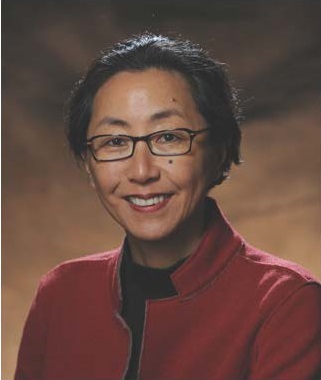
Kyong-Mi Chang
Kyong-Mi Chang, MD is Professor of Medicine in GI/Hepatology, University of Pennsylvania Perelman School of Medicine, with administrative leadership role as the Chief of Staff and Associate Dean for Research at the Corporal Michael J. Crescenz Veterans Affairs Medical Center in Philadelphia PA.
Dr. Chang is a translational investigator with expertise in immune pathogenesis of human viral hepatitis B and C. Dr. Chang received M.D. and Internal Medicine residency training from the Medical College of Pennsylvania, GI fellowship training at the University of California San Diego and postdoctoral research training in viral immune pathogenesis at the Scripps Research Institute. Since the mid 90’s, Dr. Chang has examined distinct patient cohorts using state-of-the-art immunological methods and novel tools to identify immune and viral mechanisms of liver disease pathogenesis in patients with acute and chronic hepatitis B or C. Chang lab was the first to apply high dimensional imaging mass cytometry visualization of HBV-infected liver tissues, identifying close correlations between innate and adaptive immune parameters with hepatocellular injury and fibrosis. Dr. Chang has also been examining genetic underpinnings of metabolic liver disease in the VA’s Million Veteran Program (MVP). Finally, Dr. Chang has been a member of the AASLD for over 2 decades, serving in various committees and meetings--currently as Chair of HBV SIG Basic Science Subcommittee.
Alfred S. Barritt
Alfred Sidney Barritt IV, MD, MSCR is an associate professor in the UNC liver center at the University of North Carolina and is the interim medical director of liver transplantation and the transplant hepatology fellowship program director. Dr. Barritt conducts clinical outcomes research in nonalcoholic fatty liver disease (NAFLD), general hepatology, and liver transplantation. Dr. Barritt leads the UNC Liver Center’s clinical trial program in NAFLD where he is PI on multiple phase 2 and 3 industry sponsored clinical trials. Dr. Barritt is a collaborator and advisor to multiple other investigators in the allied schools of health, including the Gillings School of Global Public Health, the Eshelman School of Pharmacy and the UNC School of Dentistry.
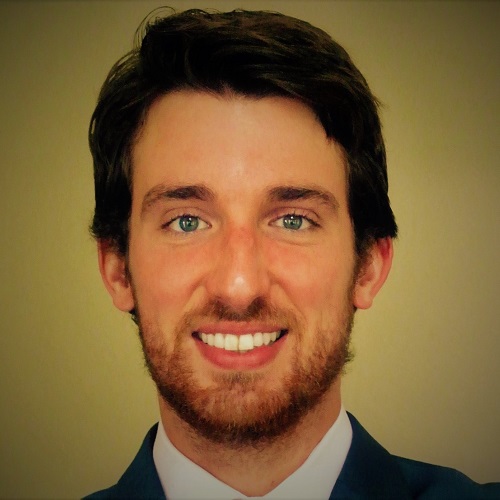
James J. Beaudoin
James J. Beaudoin, PhD joined DILIsym Services, Inc., in 2020. He is involved in the ongoing development of the DILIsym modeling software, particularly the bile acid and cholestatic liver injury sub-models. He is also engaged in proprietary consulting projects including model development, simulations, and data analysis.
Dr. Beaudoin received his PhD in Pharmaceutical Sciences from the University of North Carolina at Chapel Hill. His dissertation research focused on in vitro and modeling approaches to investigate mechanisms of DILI. Prior to his graduate training, he was a Data Coordinator II for the National NeuroAIDS Tissue Consortium, based at the University of Nebraska Medical Center. He obtained a M.S. in Molecular Medicine from Erasmus University Rotterdam, and a B.S. in Liberal Arts and Sciences from University College Utrecht, both based in the Netherlands. He also received pre-M.S. training in Biomedical Sciences from Leiden University, the Netherlands.
Dr. Beaudoin has published over a dozen of scientific articles in the areas of drug and bile acid transporters, pharmacokinetics, drug toxicity, genetics of alcoholic hepatitis, and other human diseases. He received various awards during his academic training, including a NIH F31 Predoctoral Individual National Research Service Grant Award from NIDDK. He has been invited to speak at scientific and educational conferences, including the SOT Annual Meeting, the AAPS Drug Transporter Workshop, and the AACP Annual Meeting.
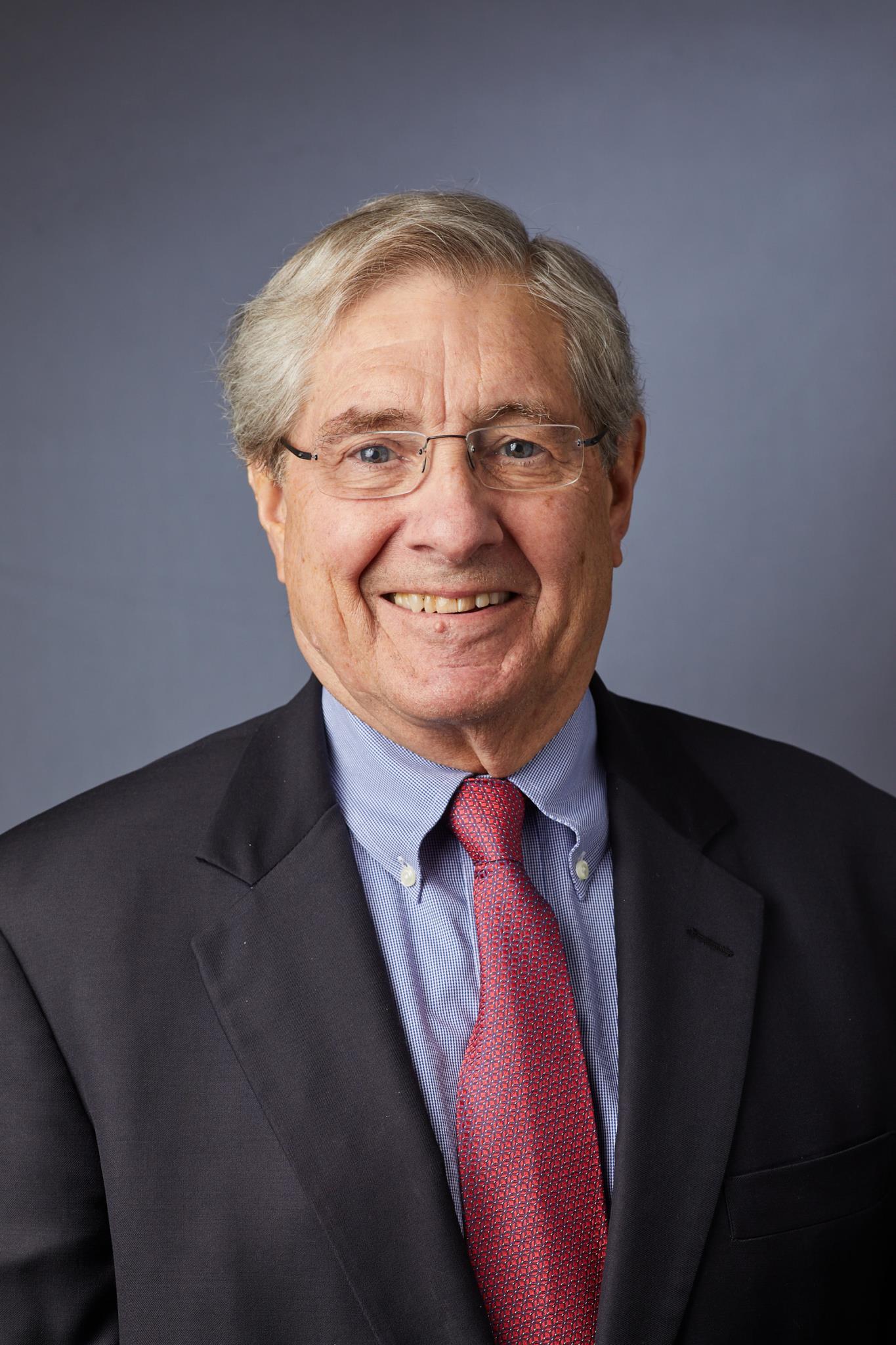
James L. Boyer
James L. Boyer, MD, FAASLD is the Ensign Professor of Medicine and Emeritus Director of the Liver Center at Yale University School of Medicine. He is a graduate of Haverford College (1958) and the Johns Hopkins University School of Medicine (1962). From 1982 until 1996 he directed a combined Digestive Disease Section in the Department of Medicine at Yale. He was the founding Director of the NIDDK funded Liver Center at Yale since 1984 and former Director of the NIEHS Center for Membrane Toxicity Studies at the Mt Desert Island Biological Laboratory in Salsbury Cove, ME where he was also Chairman of their Board of Trustees from 1995 to 2003 and 2011-2013. He is past Chair, Board of Directors of the American Liver Foundation and a current member of Board of Mangers of Haverford College and Honorary Board member of the Mt Desert Island Biological Laboratory. Dr. Boyer has a broad interest in all aspects of basic and clinical hepatology. His laboratory has pioneered in understanding the cellular and molecular basis of bile formation and cholestasis and was supported by NIH for more than 40 years including two MERIT awards from NIDDK. He is a member of the AASLD, ASCI, AAP, APS and ACCA and past president of both the American and the International Association for the Study of Liver Disease. He is the recipient of Distinguished Achievement Awards from the AGA, AASLD and American Liver Foundation and the EASL International Recognition Award in 2020.
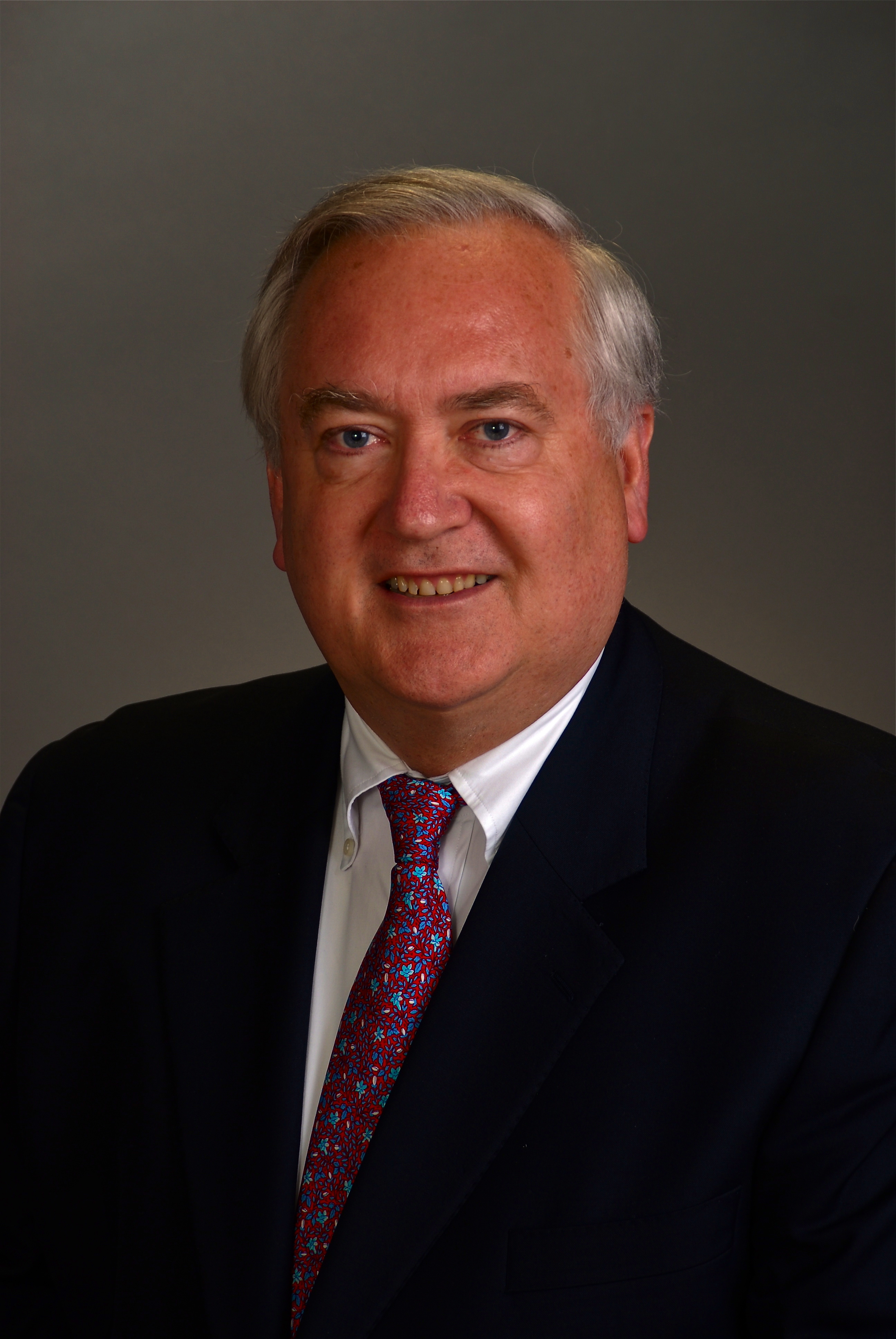
Nathaniel A. Brown
Nathaniel A. Brown, MD is an Infectious Diseases physician with seven years’ fulltime employment in academic medicine (Asst Prof, UCLA School of Medicine, 1982-87; Assoc Prof, Cornell Medical College, 1987-89) followed by 31 years of pharmaceutic development experience, primarily in antiviral drug development (1989-2020).
Dr. Brown studied Molecular Biophysics and Biochemistry as a Yale undergraduate and received his MD degree from Georgetown University School of Medicine. He completed clinical training in Pediatrics at The New York Hospital-Cornell Medical Center, and post-doctoral training in Infectious Diseases and Virology at Yale University School of Medicine.
In his pharmaceutic career, Dr. Brown has had leadership roles in multiple Phase 1-3b clinical development programs, resulting in U.S. and global product approvals for six antiviral/anti-infective medicines: two for hepatitis B, one for hepatitis C, two for HIV/AIDS, and one for Varicella. He has extensive experience with globalized drug development, including North America, Europe, India, Southeast Asia, Japan, and China. Now retired from fulltime work, his pharmaceutic positions included: Head, Opportunistic Infections Section, BurroughsWellcome Co. (1989-1994); Head, Hepatitis Section, GlaxoWellcome./GlaxoSmithKline (1994-2001); Chief Medical Officer positions at Idenix Pharmaceuticals (2001-2007), Presidio Pharmaceuticals (2009-2014), and Novira Therapeutics (2014-2016); and Chief Medical Advisor, Atea Pharmaceuticals (2018-2020).
Dr. Brown has served in advisory roles for the Hepatitis B Foundation (Board of Directors), the NIH Div. of Extramural Grants, FDA’s Div. of Antiviral Products (Aug. 2002 HBV advisory meeting), and various pharma/biotech companies. He has chaired/co-chaired various scientific meetings, and authored/co-authored over 200 scientific articles, chapters, reviews, and abstracts.
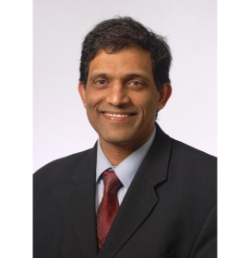
Naga P. Chalasani
Naga P. Chalasani, MD, FAASLD currently serves as David W. Crabb Professor of Medicine and Interim Chair of the Department of Medicine at Indiana University School of Medicine. He previously served as the Director of the Division of Gastroenterology and Hepatology at the same institution from 2007 to 2020. He completed his medical education in India and subsequently completed Internal Medicine Residency and Gastroenterology and Hepatology subspecialty training at Emory University in Atlanta. His research interests include CYP450 enzymes and liver disease and hepatic safety of xenobiotics. His research has been continuously funded by the National Institutes of Health since 1999. He is currently the PI for three U01 awards and an R01 award from the National Institutes of Health. He published over 300 original papers, 3 Practice Guidelines, 47 book chapters/review articles, 31 editorials/commentaries, 16 symposium proceedings, and more than 500 abstracts. He is the lead author for the AASLD Practice Guideline on the Diagnosis and Management of Nonalcoholic Fatty Liver Disease and is the lead author on the ACG Practice Guideline on the Diagnosis and Management of Drug Induced Liver Injury. He is an elected member of the American Society of Clinical Investigation (ASCI) and the American Association of Physicians (AAP).
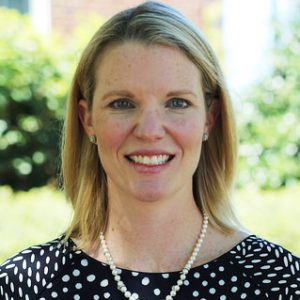
Rachel Church
Rachel Church, PhD is a Research Assistant Professor in the Department of Pharmacotherapy and Experimental Therapeutics within the Eshelman School of Pharmacy at the University of North Carolina, Chapel Hill. She also serves as the Director of UNC Organ Injury Biomarker Core that is part of UNC’s Institute for Drug Safety Sciences. Dr. Church received her B.S. degree from North Carolina State University and her Ph.D. from UNC Chapel Hill. Given the shortcomings of traditional measurements, the research of Dr Church aims to broaden the use and understanding of candidate biomarkers of organ injury, with a primary focus on clinical drug-induced liver injury. Dr. Church is also interested in identifying novel applications for traditional biomarkers that will improve their interpretation. Prior to joining UNC, Dr. Church was a Research Investigator at the Hamner Institutes for Health Sciences.
Robert J. Fontana
Robert J. Fontana, MD, FAASLD, FAGA is a Professor of Medicine and Medical Director of Liver Transplantation at the University of Michigan. He is a clinical-translational investigator with research interests in viral hepatitis, drug induced liver injury and acute liver failure. He is co-chair of the Drug Induced Liver Injury Network (DILIN) Steering Committee and an active participant in the Hepatitis B Research Network. He has also been an active member of the US Acute Liver Failure Study Group since 1998 and is a current Co-PI of this multicenter network.
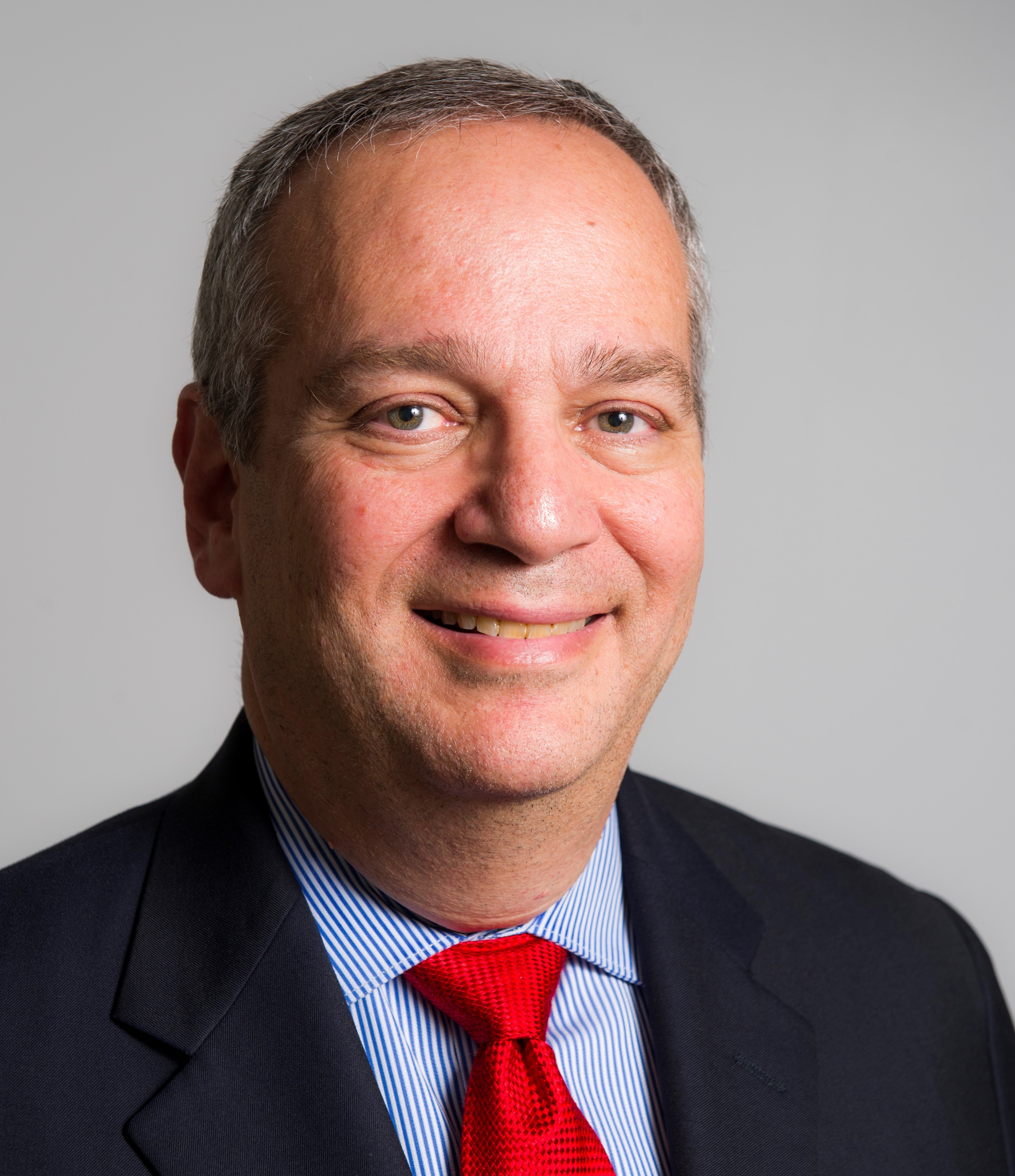
Ira M. Jacobson
Dr. Jacobson earned his BS from Yale University and MD from Columbia University College of Physicians and Surgeons. He trained as a fellow in gastroenterology and Hepatology at Massachusetts General Hospital and Harvard Medical School. In 1984 he joined the faculty at Weill Cornell Medical College and New York Presbyterian Hospital. During his 30 years at Weill Cornell, Dr. Jacobson served as Chief of the Division of the Gastroenterology and Hepatology from 1998-2015 as well as Medical Director of the Center for the Study of Hepatitis C. From 2015 to mid-2017 he was Chair of Medicine at Mount Sinai Beth Israel Medical Center, and Vice Chair of Medicine and co-Director of the Liver Institute at the Icahn School of Medicine at Mount Sinai. He joined the faculty of NYU School of Medicine as Director of Hepatology on August 1, 2017.
Dr. Jacobson currently focuses on hepatitis B, fatty liver disease, and liver disease in Covid-19. He has been an investigator in many trials on antiviral therapy for hepatitis B and C, including pivotal trials on interferon-based therapy and lead principal investigator and author for WIN-R trial (weight based ribavirin with peginterferon), ADVANCE (telaprevir), QUEST-1 (simeprevir), POSITRON (sofosbuvir), STARTVerso3 (faldaprevir), C-SALT (grazoprevir and elbasvir in advanced cirrhotics), and POLARIS-2 (sofosbuvir, voxilaprevir, velpatasvir) trials. He has served on the Gastroenterology and Transplant Hepatology Boards of the American Board of Internal Medicine, as Associate Editor of the Journal of Hepatology, and as a reviewer for several other journals. He has authored or co-authored over 250 peer-reviewed papers, chapters and reviews, including papers in the New England Journal of Medicine, Lancet, Gastroenterology, Hepatology, Journal of Hepatology, Journal of Viral Hepatitis, Clinical Gastroenterology and Hepatology, and served as Co-Chief Medical Editor of HCV Next. He has edited two books on ERCP and a volume on hepatitis B for Clinics in Liver Disease.
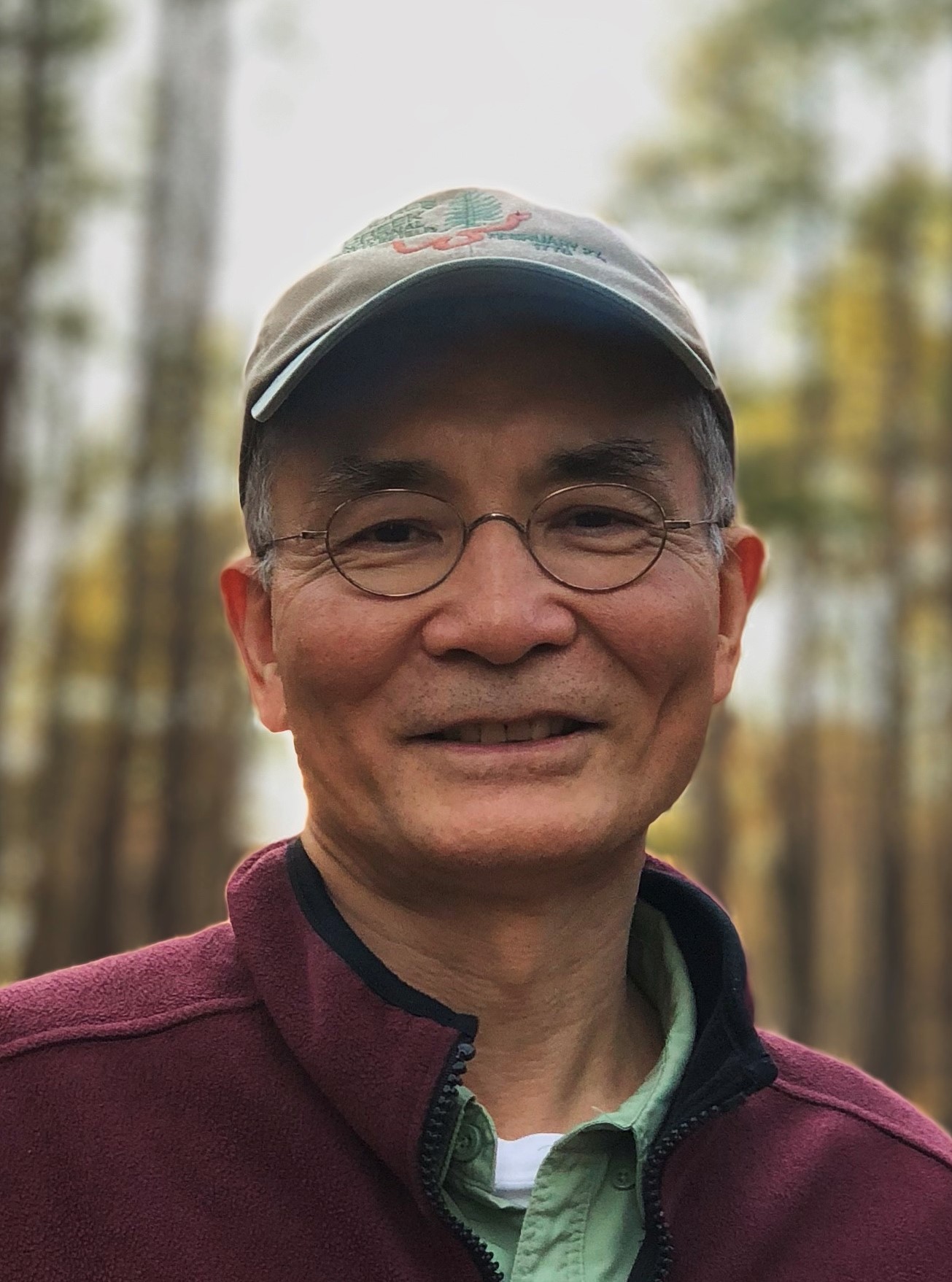
Paul H. Hayashi
Paul “Skip” H. Hayashi, MD, MPH, FAASLD is an adult hepatologist at the FDA. He is DILI Team Lead in the Division of Hepatology and Nutrition, Office of New Drugs, Center for Drug Evaluation and Research. Prior to joining the FDA in February of 2020, he held positions in academia, civil service and uniformed service. He received his BA in microbiology at University of California (UC) Los Angeles and medical degree at UC San Diego. After completing residency and gastroenterology fellowship at UC Davis, he completed a clinical research fellowship in the Liver Diseases Section, National Institutes of Health, Bethesda, MD as a public health officer. He then returned to California as Assistant Professor at the Veterans Administration Hospital in Loma Linda, California followed by serving in the US Air Force Medical Corp in Japan and Texas. While in the Air Force he continued clinical research, and then returned to academia by completing a transplant fellowship at the University of Colorado, Denver. He then served as Assistant Professor and transplant hepatologist at Saint Louis University (SLU), St. Louis, Missouri. In 2006, he completed a Master of Public Health at SLU. From 2006, he was Medical Director of Liver Transplantation at the University of North Carolina (UNC), Chapel Hill, and became a Professor of Medicine at UNC before joining the FDA in 2020. Since 2007, he has been a Co-Principle Investigator in the US Drug-Induced Liver Injury Network (DILIN) and remains Co-Chair of the DILIN’s Causality Committee.
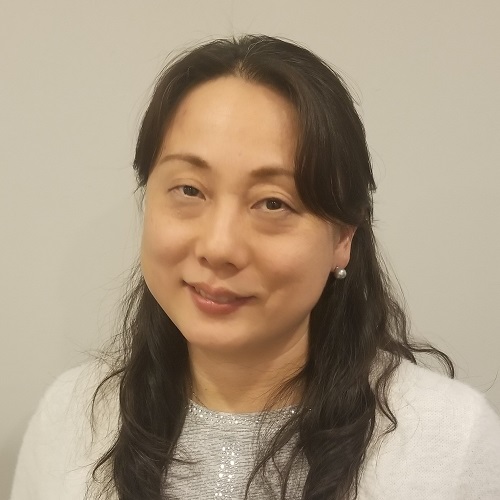
Insook Kim
Insook Kim, PhD is a clinical pharmacology team leader for gastroenterology and hepatology products in the Office of Clinical Pharmacology at FDA. Since she joined FDA as a clinical pharmacology reviewer in 2007, she has been involved in numerous IND and NDA review and has provided regulatory and scientific guidance for product development in the areas of gastroenterology, hepatology, and inborn errors of metabolism. She served as a planning committee member for the public workshops on the clinical pharmacology and drug development for liver diseases, and the assessment of PK in hepatic impairment. Dr. Kim is a member of a guidance working group for hepatic impairment study. Prior to joining FDA, Dr. Kim received a doctoral degree in Pharmaceutics from the University of Michigan and conducted post-doctoral research on nuclear receptors including FXR using transgenic animal models at the National Cancer Institute. She earned a master’s degree in Pharmacy from Seoul National University, and a bachelor’s degree in Pharmacy from Ewha Womens University in Korea. Her area of interest is translational clinical pharmacology to optimize the drug development and therapeutics.
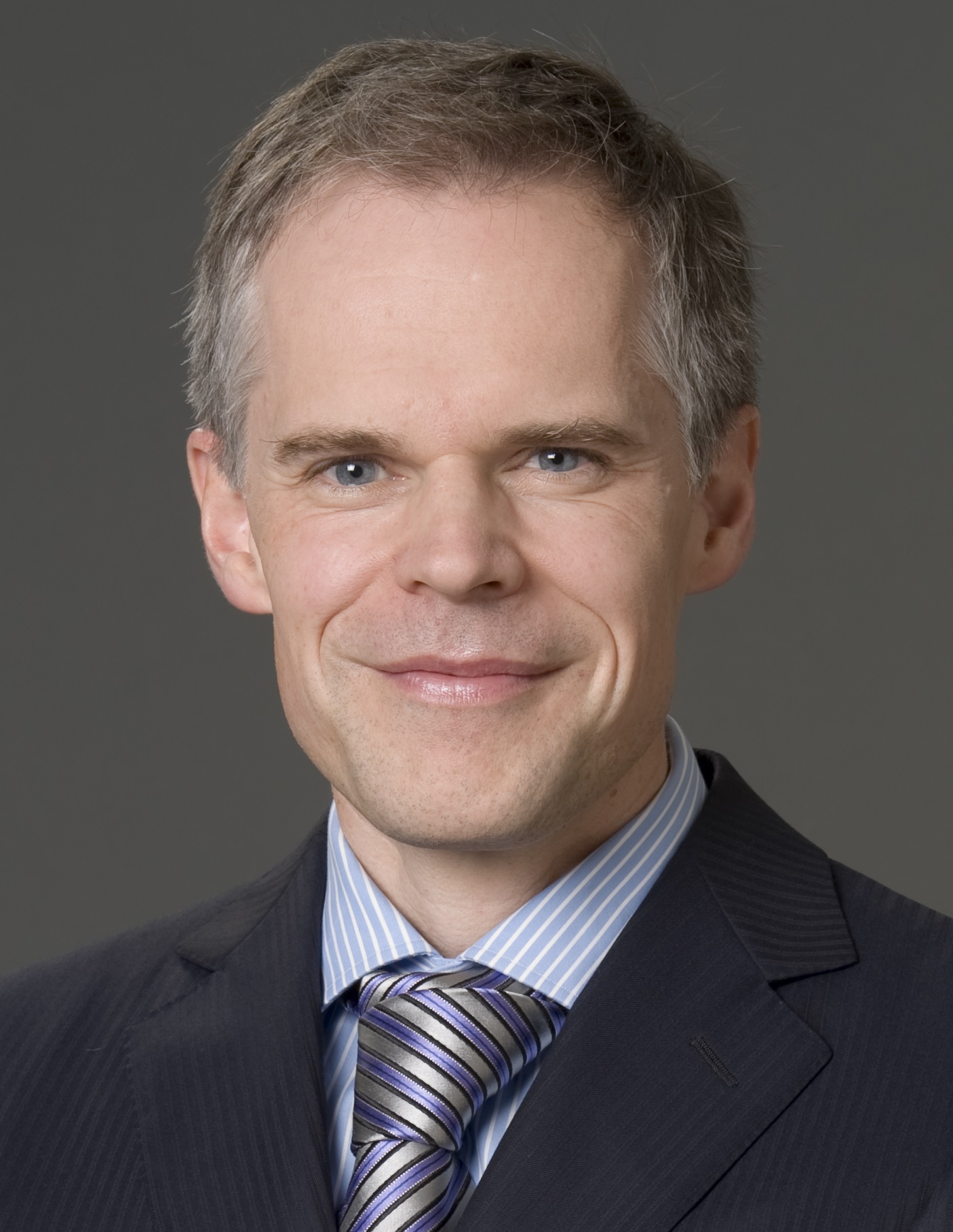
Gerd Kullak-Ublick
Gerd Kullak-Ublick, MD is a Professor of Clinical Pharmacology and Toxicology at the University of Zurich and Department Head at the University Hospital Zurich, Switzerland. He additionally serves as the Global Head of Mechanistic Safety and Chair of the Hepatic Safety Team at Novartis Pharma, Basel. Dr. Kullak-Ublick went to medical school at the Universities of Bonn, Stanford, London and Munich and received his MD from Munich University in 1990. Dr. Kullak-Ublick served his residency in Internal Medicine, Gastroenterology and Clinical Pharamacology/Toxicology at the University Hospitals of Munich and Zurich and conducted his postdoctoral research in Zurich, in collaboration with Allan Wolkoff at the Liver Centre, Albert Einstein College of Medicine, Bronx/New York. He obtained Board Certification in Internal Medicine (1998), Gastroenterology (2002) and Clinical Pharmacology and Toxicology (2005). He is coauthor of the 2019 EASL Clinical Practice Guideline on Drug-Induced Liver Injury, as well as on the 2020 CIOMS consensus report on Drug-Induced Liver Injury.
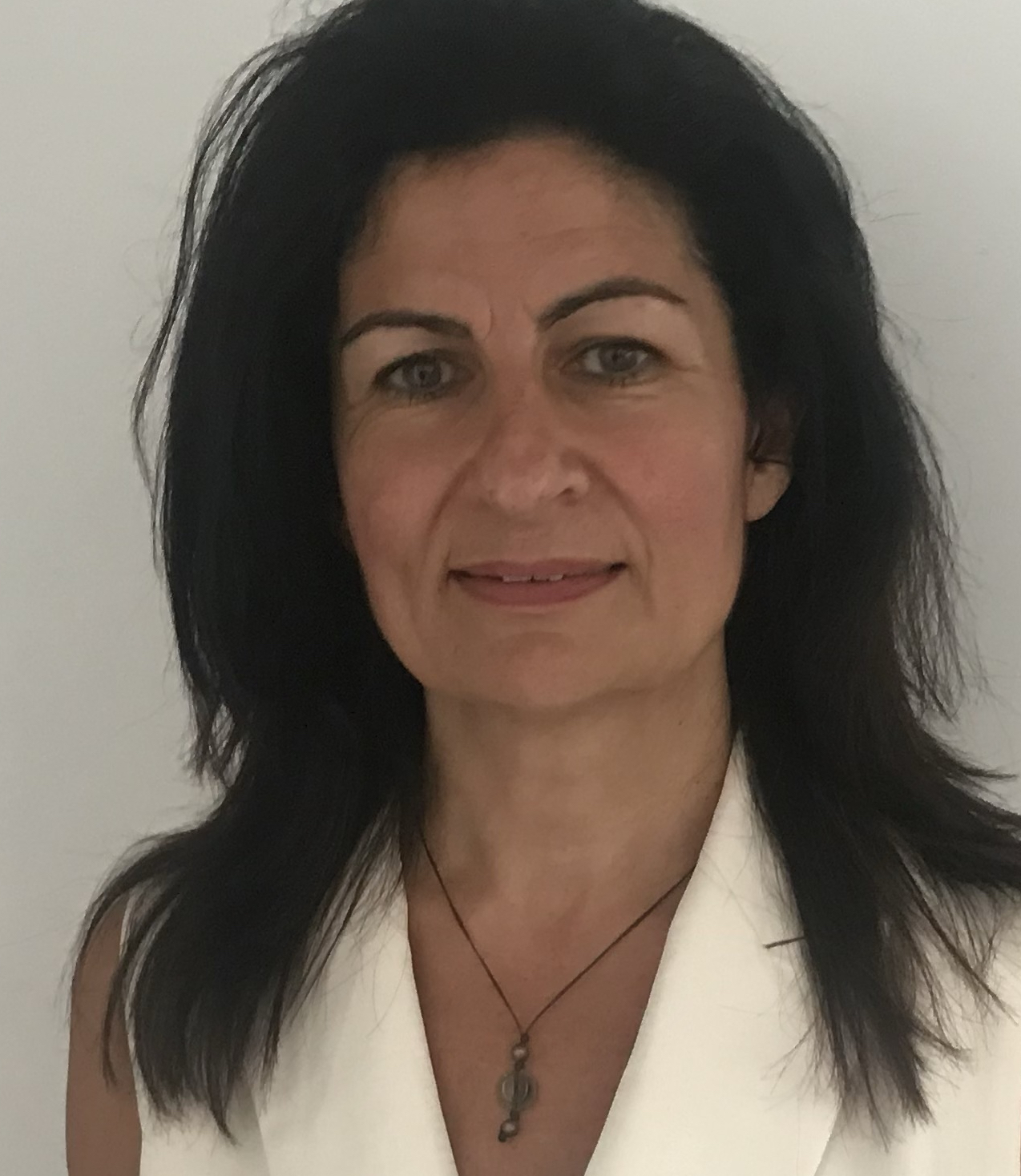
Mala Maini
Mala Maini, MD, PhD is a Professor of Viral Immunology in the Division of Infection and Immunity at UCL, London and works as a Consultant Physician in the viral hepatitis clinic. Her lab researches liver immunity and immunopathology, focusing on cellular interactions and metabolic constraints. By dissecting the immune correlates of viral persistence and liver damage, the Maini lab aims to contribute to the development of novel immunotherapeutic strategies for hepatitis B and hepatocellular carcinoma. Mala was awarded the Wellcome Trust Senior Investigator Awards in 2013 and 2019 and elected to the Academy of medical Sciences in 2016. Work in the Maini lab is also funded by the Cancer Research UK, EU Horizon 2020, Medical Research Foundation, NIHR, UKRI, British Infection Association.
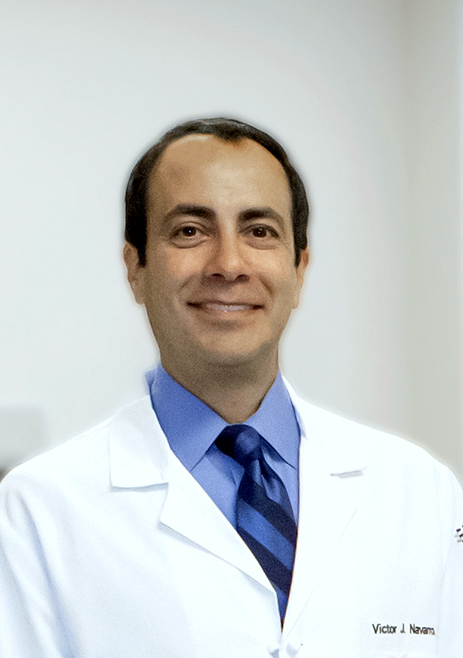
Victor J. Navarro
Victor J. Navarro, MD, MHCM, FAASLD earned his MD from the Pennsylvania State College of Medicine and completed medical residency followed by chief residency in Internal Medicine at Temple University. Thereafter, he obtained fellowship training in Gastroenterology, Hepatology, and Hepatobiliary Endoscopy at Yale University. In 1994, he joined the faculty of the Yale University School of Medicine until he returned to Philadelphia in 2002, as Chief of Hepatology and Medical Director for Liver Transplantation at Thomas Jefferson University. While at Jefferson, he started a Transplant Hepatology Fellowship program, and rose to the rank of Professor of Medicine, Pharmacology and Experimental Therapeutics. In 2012, Dr. Navarro joined the Einstein Healthcare Network as Chairman of the Division of Hepatology, and Medical Director for Liver Transplantation. In 2016, he became the founding Medical Chair of the Department of Digestive Disease and Transplantation. In 2019, Dr. Navarro was awarded his master’s in healthcare management from Harvard University. He was named the Paul J. Johnson Chair for the Department of Medicine at Einstein in 2020 and is Professor of Medicine at the Sidney Kimmel Medical College, Philadelphia.
Dr. Navarro has over 130 publications including peer-reviewed scientific papers, topical reviews, and book chapters. Dr. Navarro is funded by the National Institutes of Health for his work with the Drug Induced Liver Injury Network where he focuses on liver injury resulting from herbal and dietary supplements. He is also funded by the Patient Centered Outcomes Research Institute as the Principal Investigator of a multi-site study designed to determine the optimal model for delivery of palliative care to patients with advanced stage liver disease.
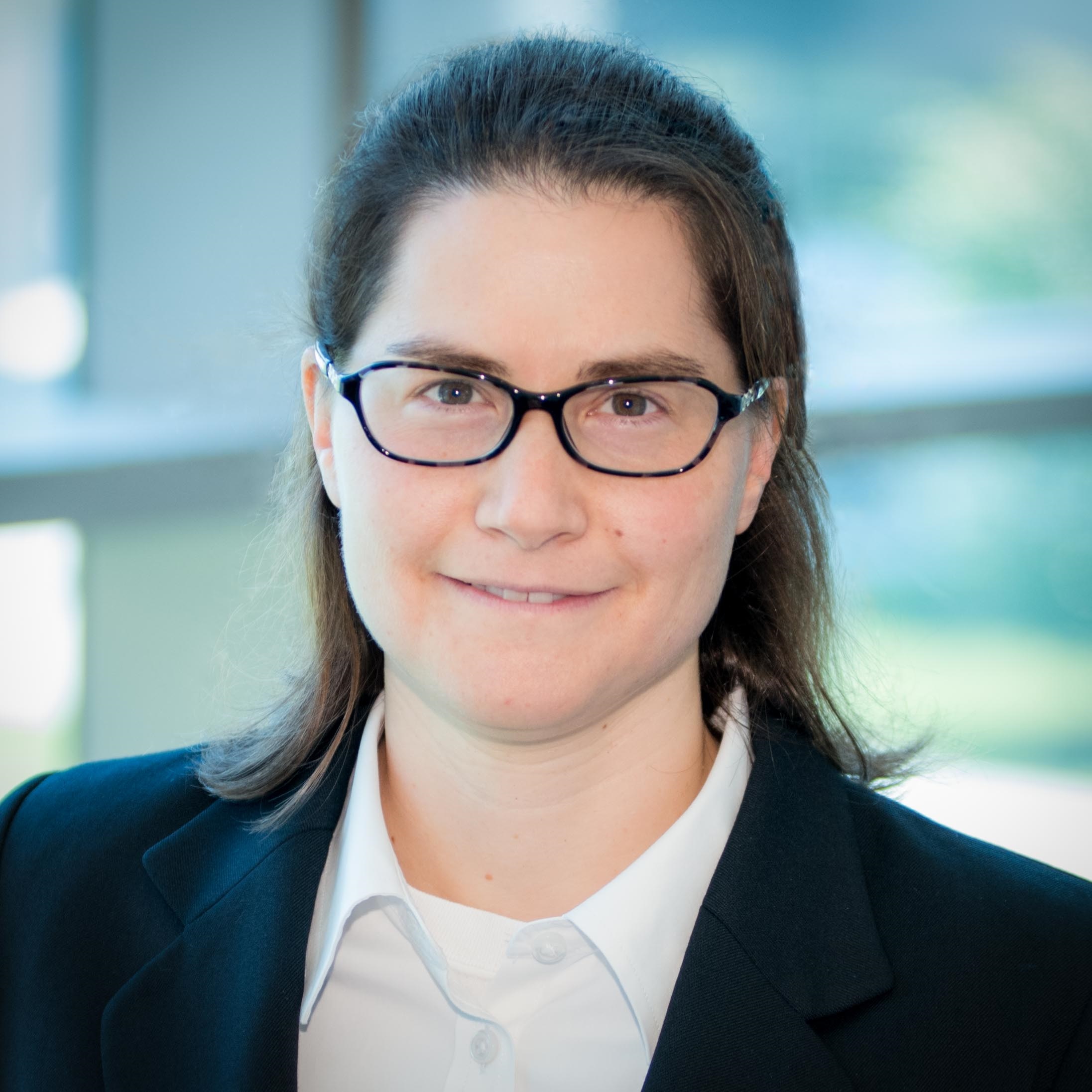
Lorraine Pelosof
Lorraine Pelosof, MD grew up in Dallas and graduated from The University of Texas at Austin. She completed her MD and her PhD in Molecular and Cell Biology at Washington University in St. Louis and then completed her Internal Medicine Residency at The University of Texas Southwestern Medical Center. Following residency, she did her fellowship training in Medical Oncology at Johns Hopkins where her research focused on DNA promoter methylation in gastrointestinal tumors. After serving as an Assistant Professor in the Division of Hematology/Oncology at UT Southwestern, she moved back to Maryland where she is a Medical Officer on the GI oncology team in the Office of Hematology and Oncology Products at the U.S. Food and Drug Administration.
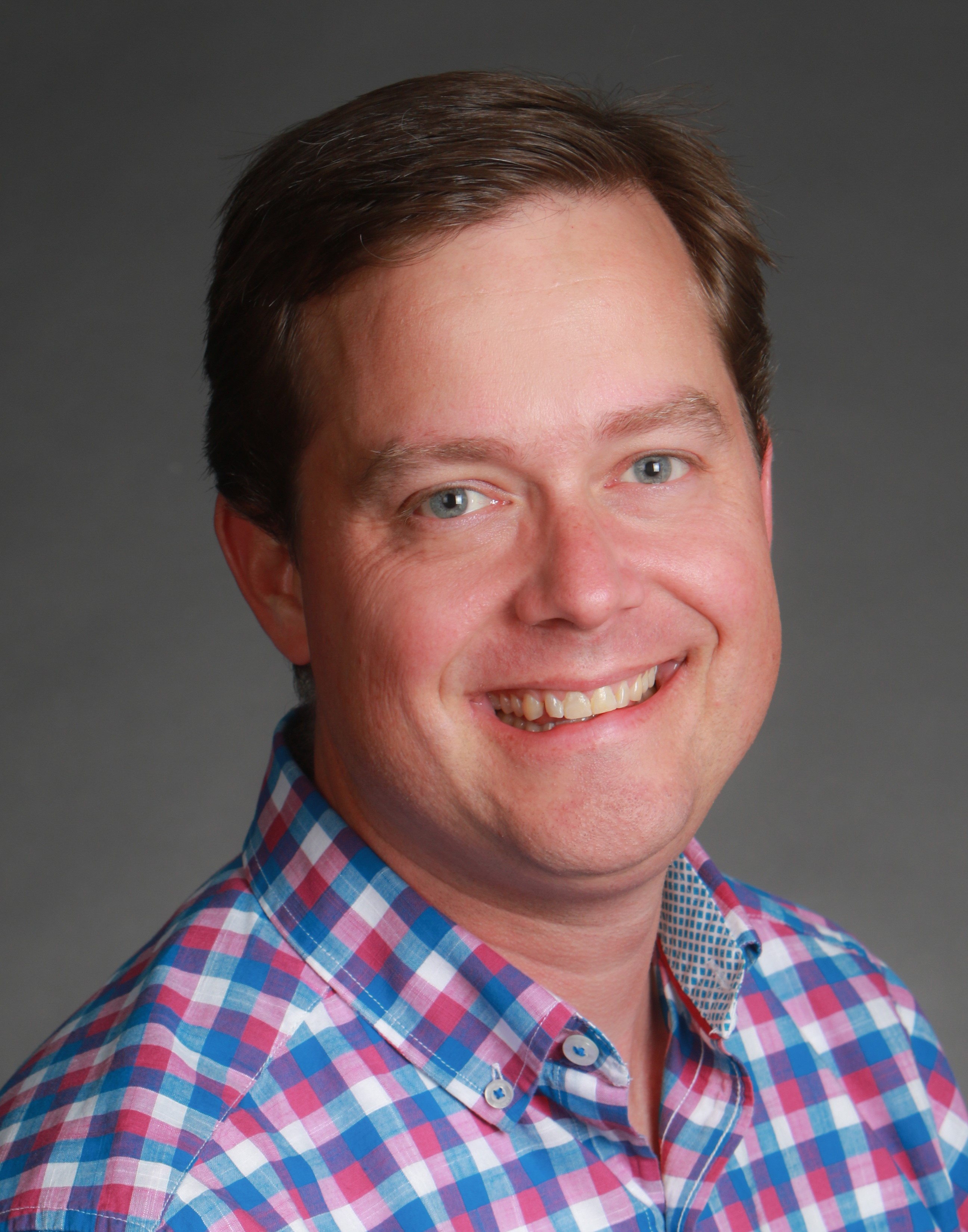
William Proctor
Will Proctor, PhD, DABT is a Senior Scientist and Senior Director of Predictive Toxicology in the Department of Safety Assessment at Genentech, Inc. Prior to joining Genentech in 2013, Dr. Proctor earned his BS in Chemistry from Trinity College and PhD in Pharmaceutical Sciences from the University of North Carolina at Chapel Hill in the laboratory of Dr. Dhiren Thakker with a focus on drug transport and pharmacokinetics. He then performed postdoctoral training at the National Institutes of Health in the laboratory of Dr. Lance Pohl, with research centered on immune mechanisms of drug-induced liver injury (DILI). Will is a board-certified toxicologist and organizational leader with 10 years of experience in investigative and discovery toxicology. At Genentech, Dr. Proctor serves as the Senior Director of Predictive Toxicology, where he oversees the Investigative Toxicology Laboratory, Complex In Vitro Systems Laboratory, and non-clinical safety support for the Small-Molecule Drug Discovery (SMDD) organization. He is also actively involved in several cross-pharma consortia, with leadership roles in the Innovation and Quality (IQ) Microphysiological Systems Affiliate and the Non-clinical Working Group of the IQ DILI Affiliate. In addition to these activities, Will has continued his research in mechanisms of DILI, including identifying and qualifying preclinical tools to better assess hepatotoxicity risk during drug discovery.
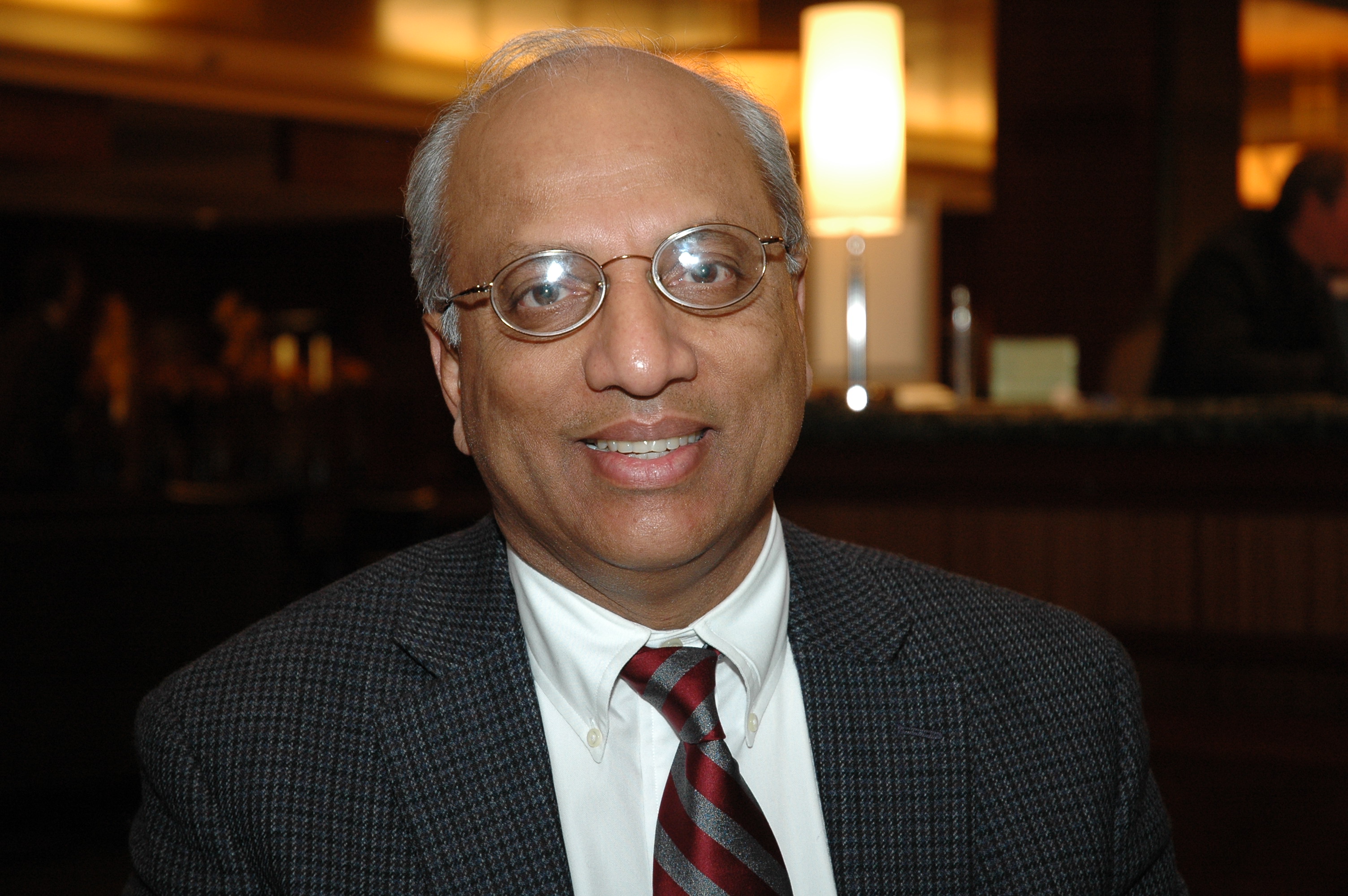
K. Rajender Reddy
K. Rajender Reddy, MD, FAASLD is the Ruimy Family President’s Distinguished Professor of Medicine and Professor of Medicine in Surgery in the Division of Gastroenterology/Hepatology at the University of Pennsylvania. He is the Director of Hepatology, Medical Director of Liver Transplantation, and the Director of the Viral Hepatitis Center. He is a Fellow of the American College of Physicians, American College of Gastroenterology, the Royal College of Physicians, and the American Association for the Study of Liver Diseases. He has held several Visiting Professorships at Medical Schools throughout the World. He has trained and mentored, over the years, several fellows and research assistants, towards a career path in health care and research. He served on several committees for AASLD and was a Councilor-at-Large for 3 years. Dr. Reddy is also a recipient of AASLD’s Distinguished Educator/Mentor Award in 2019.
Dr. Reddy has authored or co-authored several papers on a spectrum of hepatobiliary topics that include liver transplantation, chronic C viral hepatitis, acute on chronic liver failure, and hepatocellular carcinoma. In addition, he has edited and contributed to several textbooks, and has participated in numerous scientific presentations at National and International meetings. He has been the recipient of both federal and non-federal funding for clinical research.
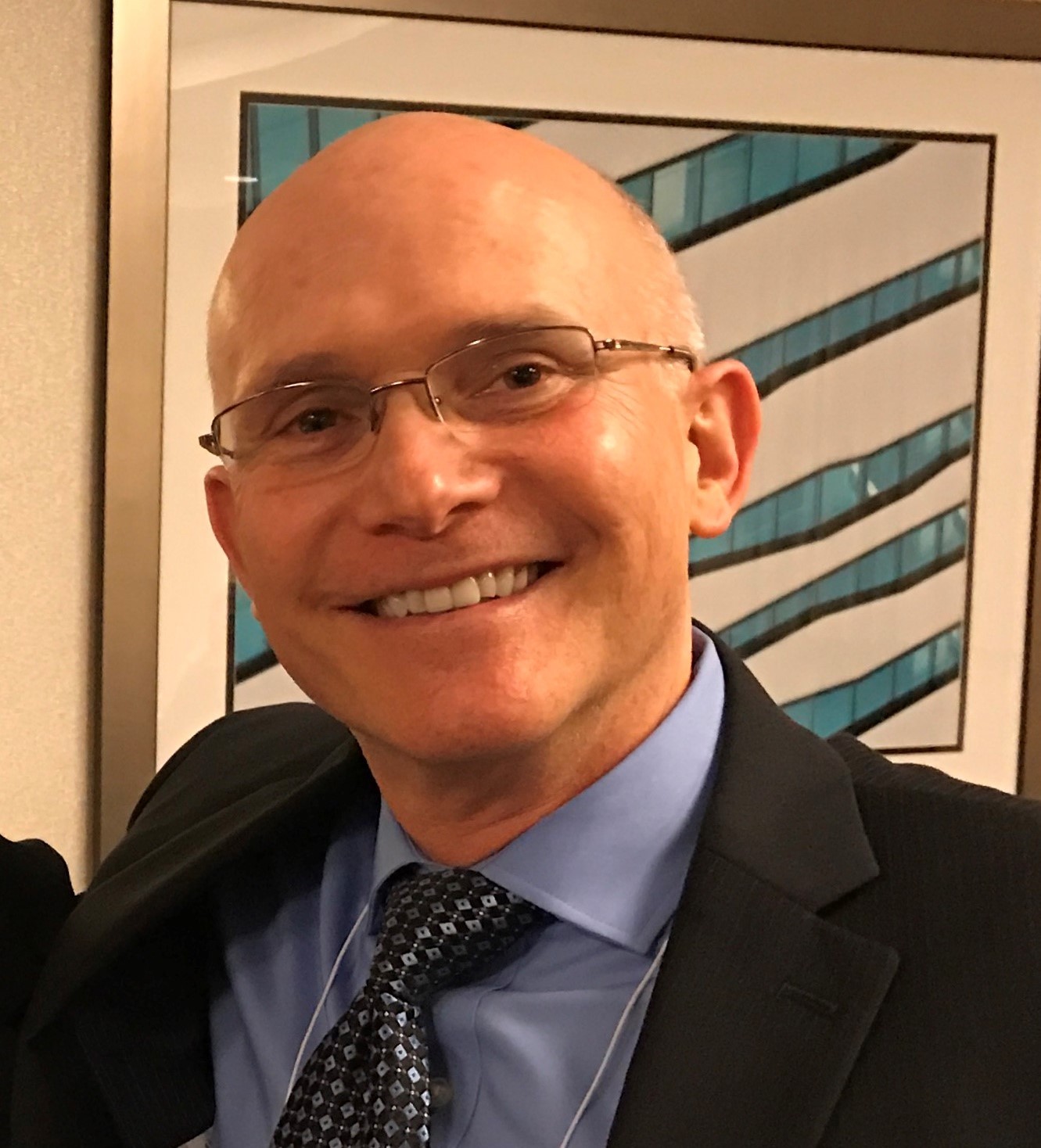
Arie Regev
Arie Regev, MD, FAASLD is a gastroenterologist and hepatologist working in the Global Patient Safety organization of Eli-Lilly and Company. He heads Lilly’s Safety Advisory Hub and is the chair of Lilly’s Liver Safety Advisory Committee. Dr. Regev is the founding co-chair of the IQ-DILI initiative, and a co-chair of the CIOMS DILI working group. He is a member of the steering committee and a co-chair the immunotherapy working group of the IQ DILI initiative. Dr. Regev is an associate professor of medicine at the division of gastroenterology and hepatology of Indiana University School of Medicine. Prior to joining Eli-Lilly he was an associate professor of medicine and director of the hepatology training program of the University of Miami School of Medicine.
Dr. Regev received his MD from the Hebrew University in Jerusalem, Israel. He completed residency in medicine and fellowship in gastroenterology at Rabin Medical Center and Tel Aviv University, and completed clinical fellowship in hepatology and transplant hepatology at the division of hepatology of the University of Miami, Florida.
Dr. Regev has conducted numerous clinical trials in the field of viral hepatitis, liver transplantation, and drug induced liver injury. He was the principal investigator of several NIH funded and industry supported clinical trials in the areas of viral hepatitis, nonalcoholic fatty liver disease, drug induced liver injury, and liver transplantation. He is the author of numerous publications in major medical journals and several chapters in leading medical textbooks. Dr. Regev received teaching and research awards at the University of Miami and Tel Aviv University. He joined Eli-Lilly and the Global Patient Safety organization in 2007.
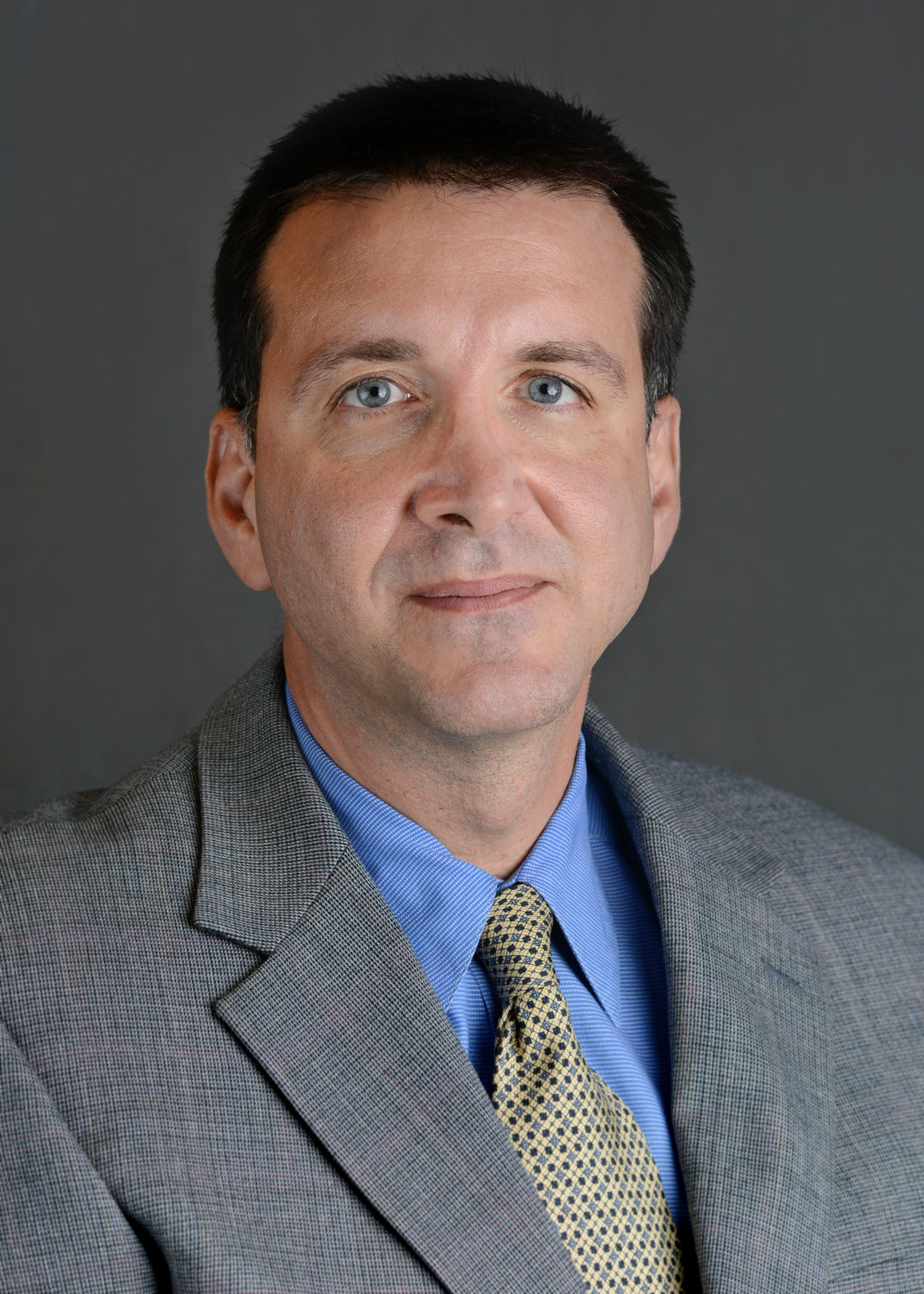
Mark W. Russo
Mark W. Russo, MD, MPH, FAASLD is Medical Director of Liver Transplantation, Chief, Division of Hepatology, and Clinical Professor of Medicine at Carolinas Medical Center-Atrium Health. At the American Association for the Study of Liver Diseases, Dr. Russo is Chair of the Maintenance of Certification Committee, member of the Nominating Committee, co-director of the 2020 AASLD Transplant Hepatology Board Review course, and member of a working group planning for the future hepatology workforce. He is an Associate Editor for the American Journal of Gastroenterology and serves on the editorial board of Expert Reviews in Gastroenterology and Hepatology and the Journal of Clinical Medicine. He has more than 100 peer-reviewed publications and editor of the textbook Diagnosis and Management of Autoimmune Hepatitis.
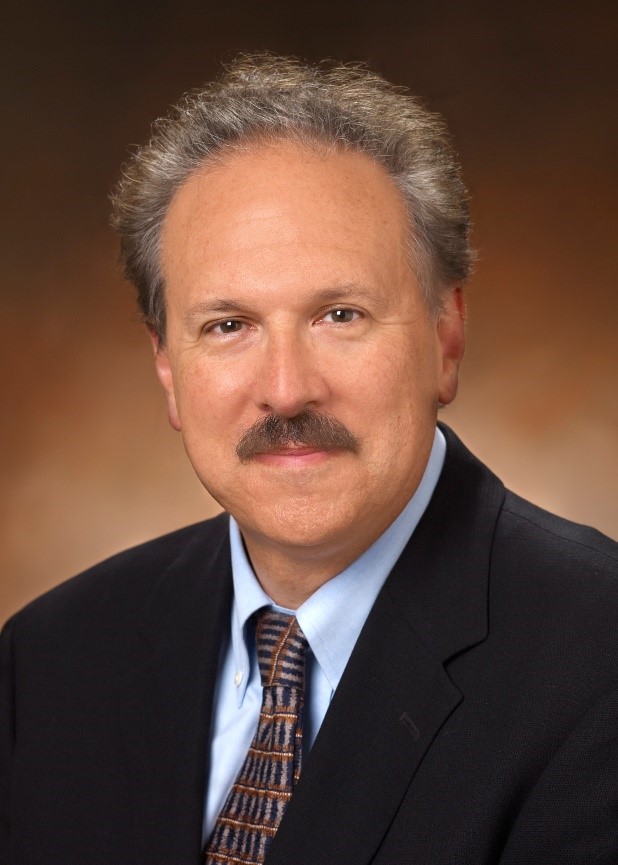
Walter L Straus
Walter L Straus, MD, MPH, FACP is Associate Vice-President and Therapeutic Area Head for Vaccines and Infectious Disease Therapeutics within Global Clinical Safety and Pharmacovigilance at Merck & Co., Inc. In this capacity his team is responsible for overseeing safety assessment of clinical research as well as post-licensure safety monitoring and assessment for the portfolio of Merck vaccines and infectious disease therapeutics.
His training includes Harvard College (A.B.) medicine (SUNY-Buffalo and The Johns Hopkins University), gastroenterology/hepatology (UNC-Chapel Hill), and epidemiology (The Johns Hopkins University). He was formerly on staff at the National Center for Infectious Diseases at the CDC (Atlanta), and is a current member of US HHS Secretary’s Advisory Board on Human Research Protection (SACHRP). At Merck, he oversees the company’s Organ-Specific Safety Boards, which is an internal resource providing sub-specialty expertise to product development teams.
Jack Uetrecht
Jack Uetrecht, PhD is Professor of Pharmacy and Medicine and held the Canada Research Chair in Adverse Drug Reactions from 2001 to 2015. His research is focused on the mechanisms of idiosyncratic drug reactions with an emphasis on reactive metabolites and immune mechanisms, and he consults for the pharmaceutical industry on problems with idiosyncratic drug reactions. He received his PhD in organic chemistry at Cornell University in 1972, MD at Ohio State University in 1975, and did his internal medical residency at the University of Kansas Medical Center from 1975-1978. He completed his clinical pharmacology fellowship in 1981 at Vanderbilt University and then joined the faculty as an assistant professor. He moved to the University of Toronto in 1985 as an associate professor and was the associate dean of pharmacy from 1994 to 1998. He is a Fellow of the American College of Physicians and Canadian Academy of Health Sciences. He received the Janssen-Ortho Research award in 2001, the Student’s Administrative Council Undergraduate Teaching Award in 2005, and was voted Teacher of the Year by the 3rd year class in both 2007 and 2008. He received the Vos Award for Lifetime Career Achievement in Immunotoxicology from the Society of Toxicology in 2018 and the STC Gabriel Plaa Award of Distinction in 2019. He has over 170 research publications, 35 book chapters, and has published a book with Bill Trager on drug metabolism.
Elizabeth C. Verna
Elizabeth C. Verna, MD, MS is an Associate Professor of Medicine in the Center for Liver Disease and Transplantation and Division of Digestive and Liver Diseases at Columbia University, where she practices as transplant hepatologist. In addition, Dr. Verna has an active clinical research program in end-stage liver disease and liver transplantation and is the Director of Clinical Research for the Columbia University Transplant Clinical Research Center.

